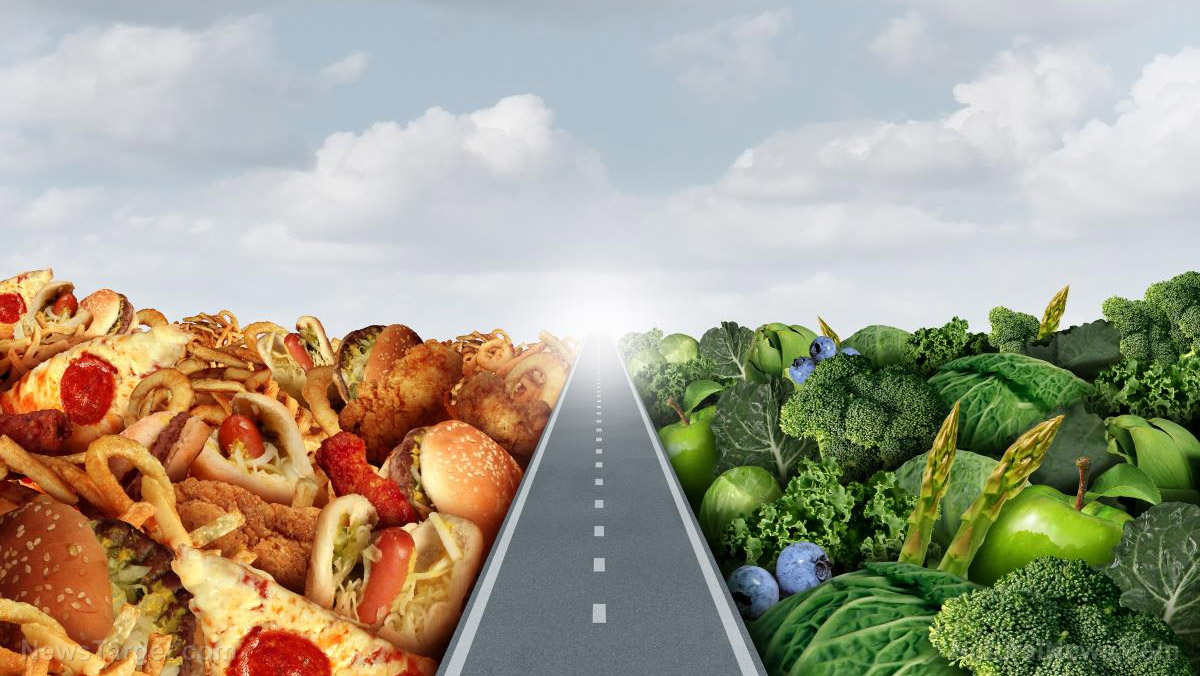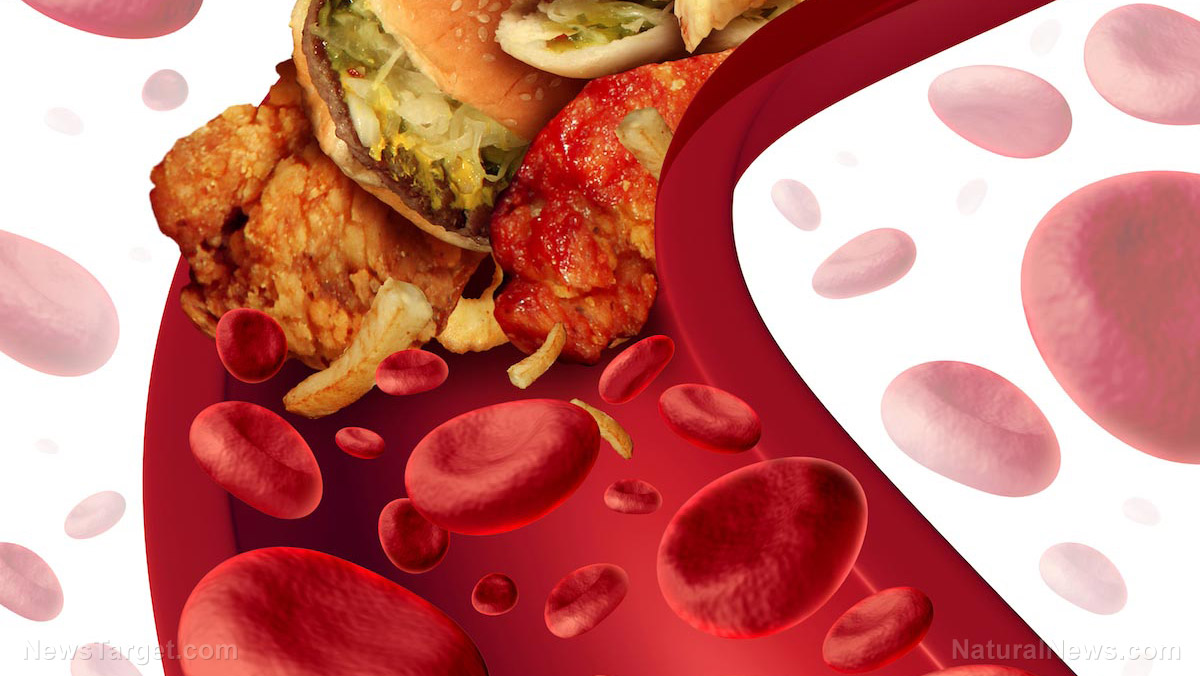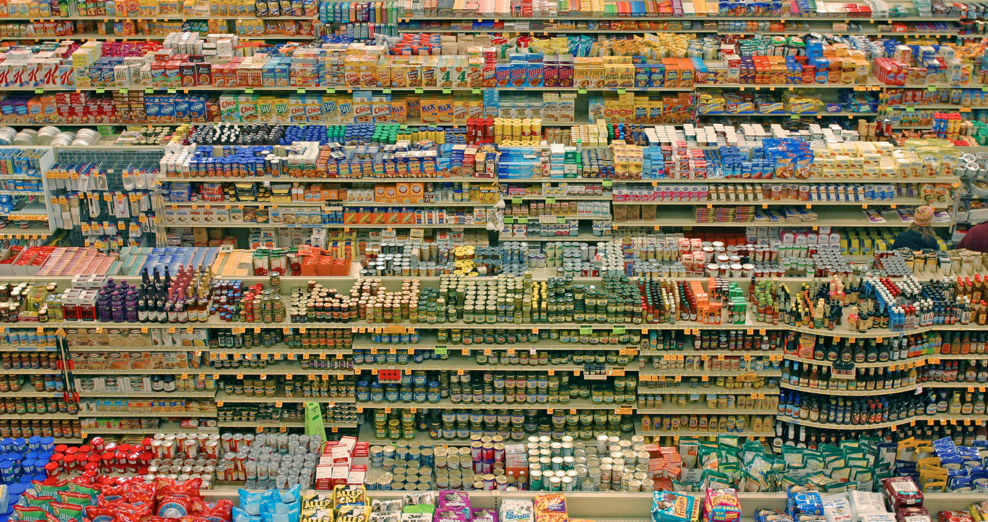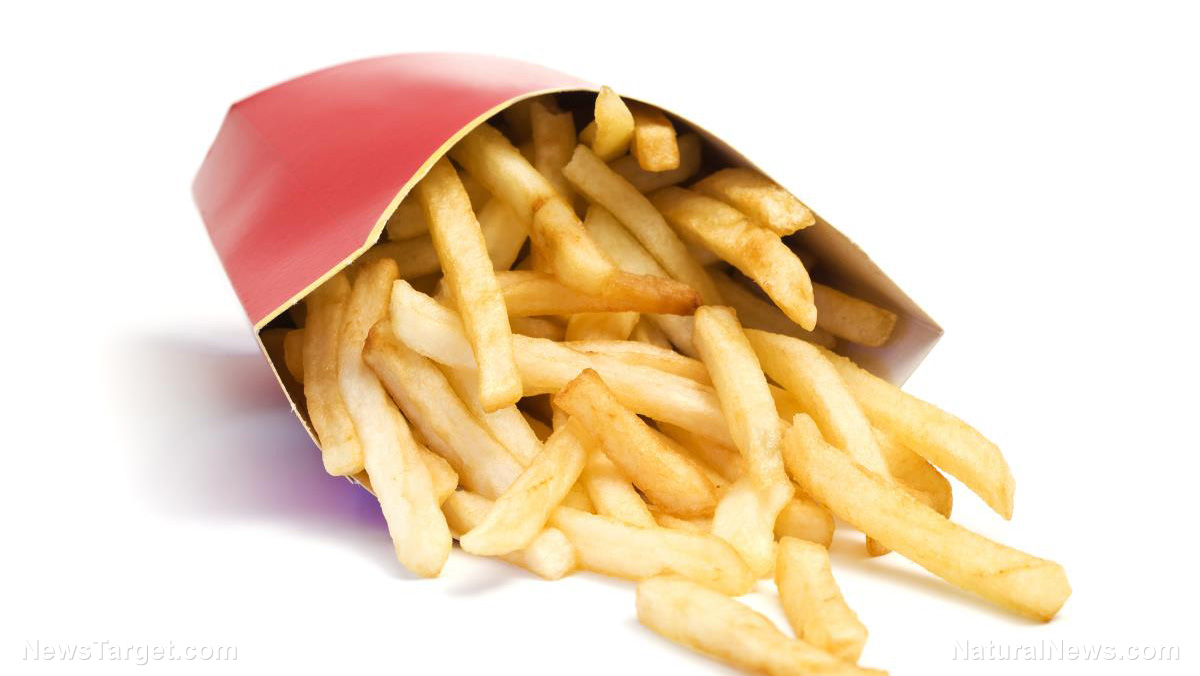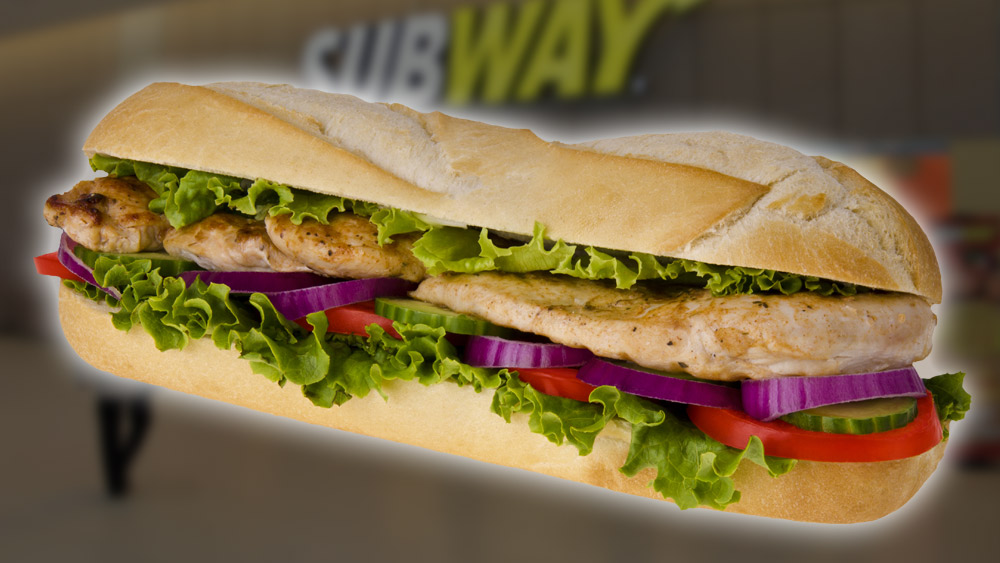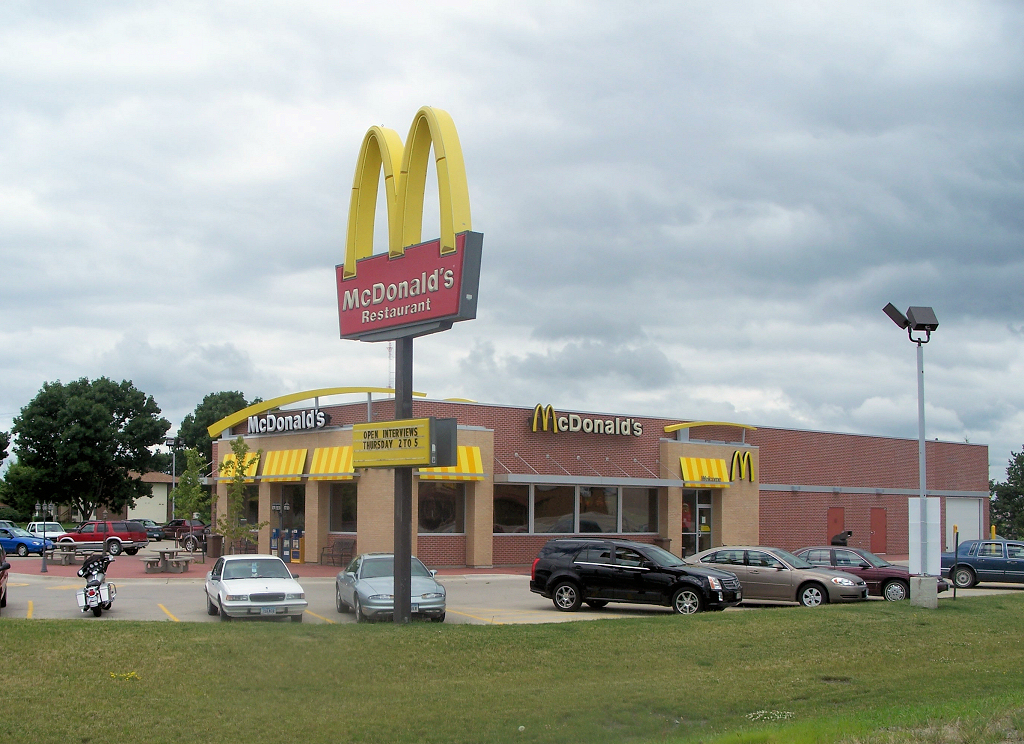Cristiano Ronaldo strikes $4B off Coca-Cola’s market value
06/19/2021 / By Nolan Barton
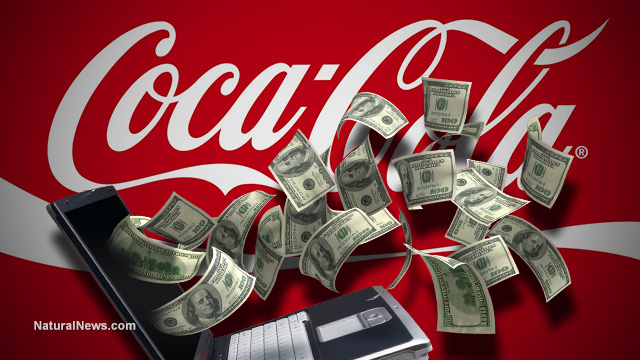
Soccer superstar Cristiano Ronaldo’s decision to remove two Coca-Cola bottles during a press conference at the European Championship has coincided with a $4 billion fall in the share price of the beverage giant.
Ronaldo is famous for his dedicated approach to health and fitness, which he documents through Instagram. He made it clear what he thinks of the carbonated soft drink.
The Portugal captain shifted the bottles of Coca-Cola away from him during a press conference in Budapest on Monday, June 14, in the prelude to his country’s Group F game against Hungary. He followed it by holding up a bottle of water and saying “Agua,” the Portuguese and Spanish word for water, appearing to encourage people to choose water over Coca-Cola.
Coca-Cola is one of the official sponsors of Euro 2020. The company’s share price dropped from $56.10 to $55.22 almost immediately after the press conference, representing a 1.6 percent dip.
The market value of Coca-Cola went from $242 billion to $238 billion – a drop of $4 billion. Coca-Cola’s decline was in sharp contrast to the rest of the S&P 500, which rose 0.4 percent on Monday. S&P 500 is a free-float weighted measurement stock market index of 500 of the largest companies listed on stock exchanges in the United States.
The water brand involved happened to be owned by Coca-Cola too, but the damage has been done. (Related: This court just ruled Coca-Cola products are POISON.)
A Euro 2020 spokesperson said that “players are offered water, alongside Coca-Cola and Coca-Cola Zero Sugar, on arrival at our press conferences,” and that everyone “is entitled to their drink preferences.”
Ronaldo proceeded to score two goals in Portugal’s 3-0 victory over Hungary on Tuesday, June 15. He now holds the record for goals scored at the European Championship finals with 11.
Social media platforms make sports stars more powerful
The dip in Coca-Cola’s share price underscored the risks brands face in associating with sports stars made powerful by the social media era.
“It’s obviously a big moment for any brand when the world’s most followed footballer on social media does something like that,” said Tim Crow, a sports marketing consultant who advised Coca-Cola on football sponsorship for two decades.
“Coke pays tens of millions to be a UEFA (Union of European Football Associations) sponsor and as part of that there are contractual obligations for federations and teams, including taking part in press conferences with logos and products. But there are always risks.”
The 36-year-old Ronaldo has made more than $1 billion in salaries, bonuses and commercial activities such as sponsorships. His approximately 550 million followers on various social media platforms have freed him from following the commercial rules of clubs, tournaments and their sponsors. (Related: If you’re plugged into broadcast media or social media, your thoughts are not your own.)
He is the highest earner on Instagram, commanding $1 million per paid post. With more than $40 million annual income from the social media platform, he makes more from it than his salary at Juventus.
“Ronaldo is right at the top of social media earners,” said PR expert Mark Borkowski. “It is about the rise of the personal brand, the personal channel, it gives so much bloody power. That’s what has allowed Ronaldo to make a point [about a healthy lifestyle].”
Athletes use their platforms to make persona views known
Athlete activism has been on display lately as athletes use their platforms to make their personal views and stance on issues known.
“People are saying this is about athlete activism and there is some truth to that,” said Crow. “Athletes are taking a more activist view, we are seeing that, most recently in press conferences. And we will see it again.”
On Tuesday, France midfielder Paul Pogba, a practicing Muslim, removed a bottle of Euro 2020 sponsor Heineken’s non-alcoholic brand from the press conference table when he sat down to speak to the media following his team’s 1-0 win over Germany.
Three years ago, he was one of a group of Manchester United stars who boycotted a contractual event for sponsors to protest the club’s poor travel arrangements that had affected Champions League games.
One of the most impactful examples of athlete activism came last month when Naomi Osaka, the No. 2 female tennis player in the world, pulled out of the French Open after being fined $15,000 and threatened with expulsion by organizers for saying she would skip contractual media obligations.
Osaka, who has more than 4 million social media followers, used Twitter to announce she was pulling out of the event, share her long bouts with depression and explain her views about the “outdated rules” governing players and media conferences. Her message had been retweeted nearly 84,000 times and liked more than 410,000 times. Most importantly, she reignited a conversation about mental health in sports.
“Activism is now on every sponsor’s radar,” said Crow, who believes Ronaldo’s move could mark the beginning of the end of product placement-laden press conferences.
“My view is that for a long time now having sponsors’ products on the table in front of athletes in press conferences looks outdated and inauthentic and it’s time to retire it,” he said. “This incident highlights that fact. Many of my sponsor clients have mentioned this in the past, particularly those targeting younger consumers. It’s not as if sponsors don’t have enough branding throughout tournaments and events anyway.”
Follow MarketCrash.news for more news and information related to the stock market.
Sources include:
Tagged Under: athlete activism, carbonated soft drink, Champions League, Coca Cola, Cristiano Ronaldo, depression, Euro 2020, French Open, healthy lifestyle, Juventus, Manchester United, market index, mental health, Naomi Osaka, Press Conference, professional athlete, S&P 500, Social media, soda, sports, stock market, UEFA
RECENT NEWS & ARTICLES
JunkFood.News is a fact-based public education website published by Junk Food News Features, LLC.
All content copyright © 2018 by Junk Food News Features, LLC.
Contact Us with Tips or Corrections
All trademarks, registered trademarks and servicemarks mentioned on this site are the property of their respective owners.


